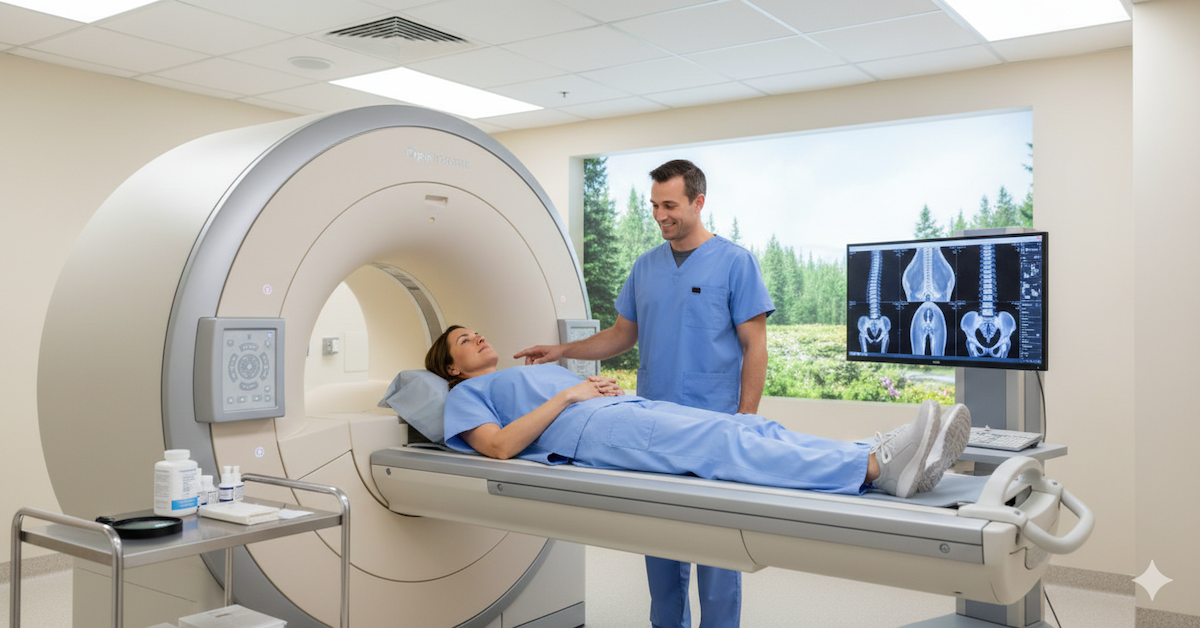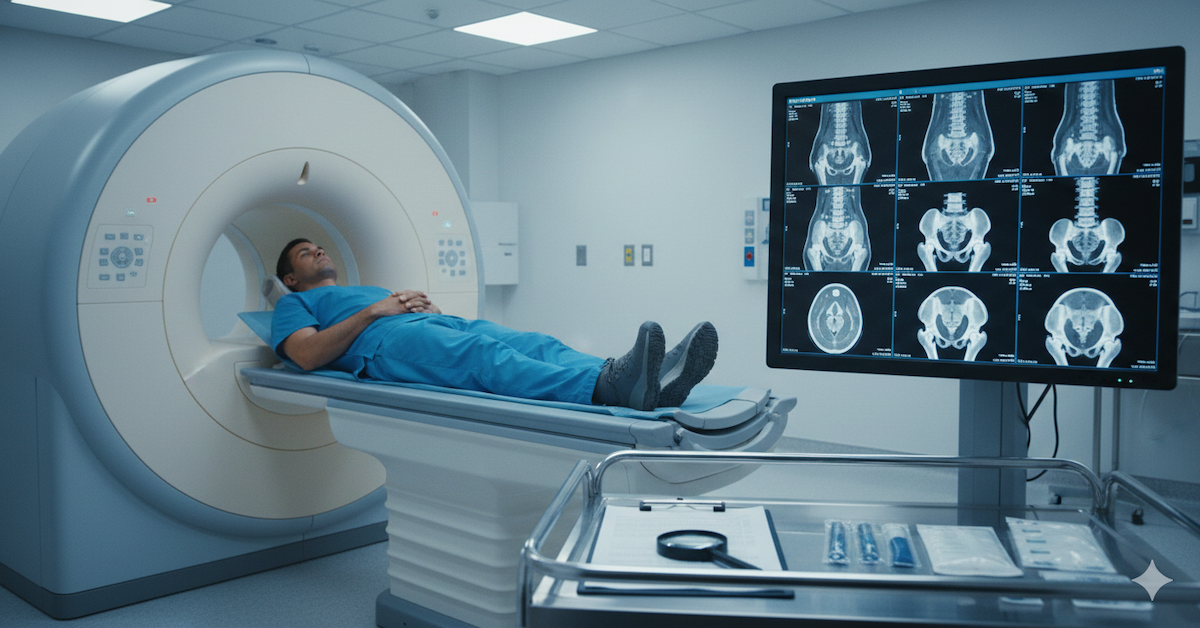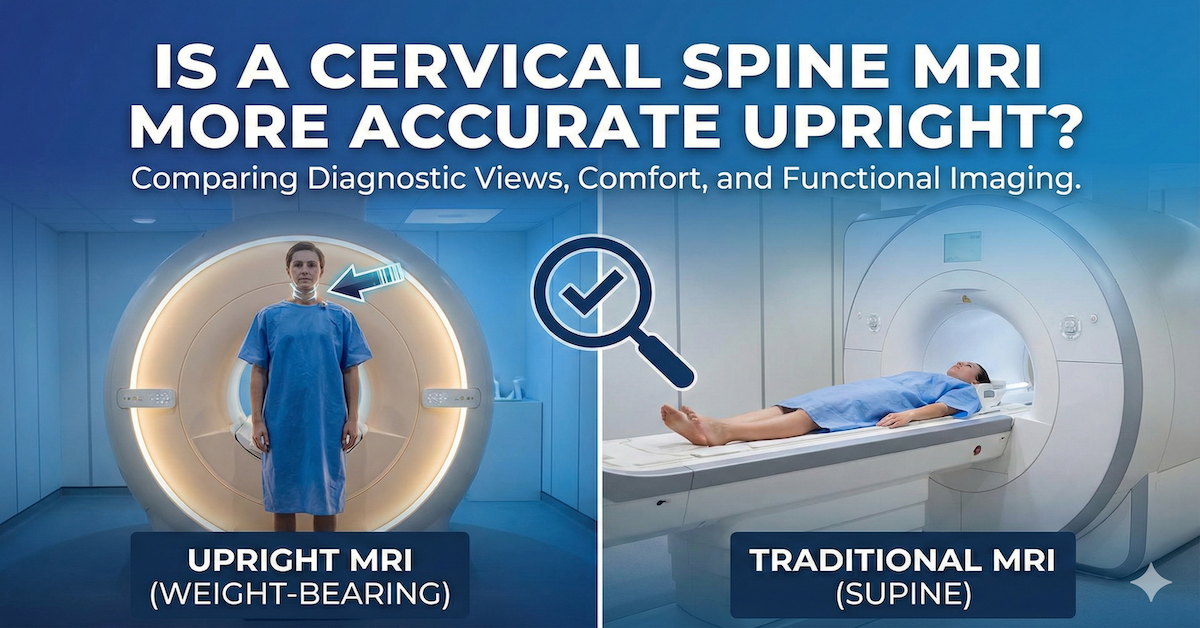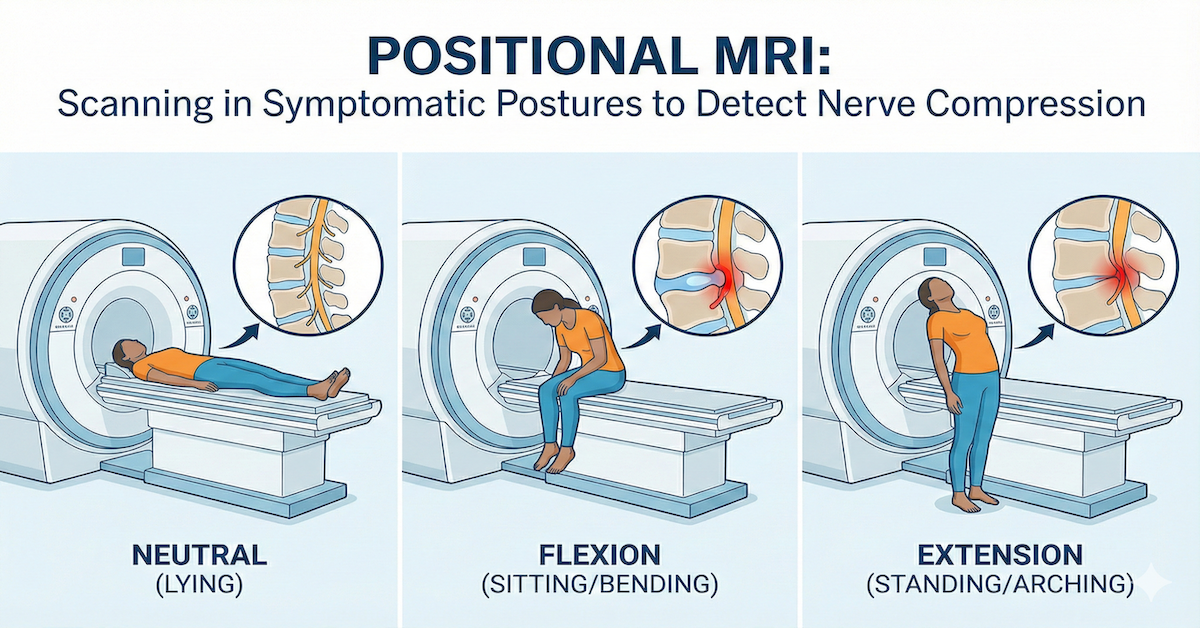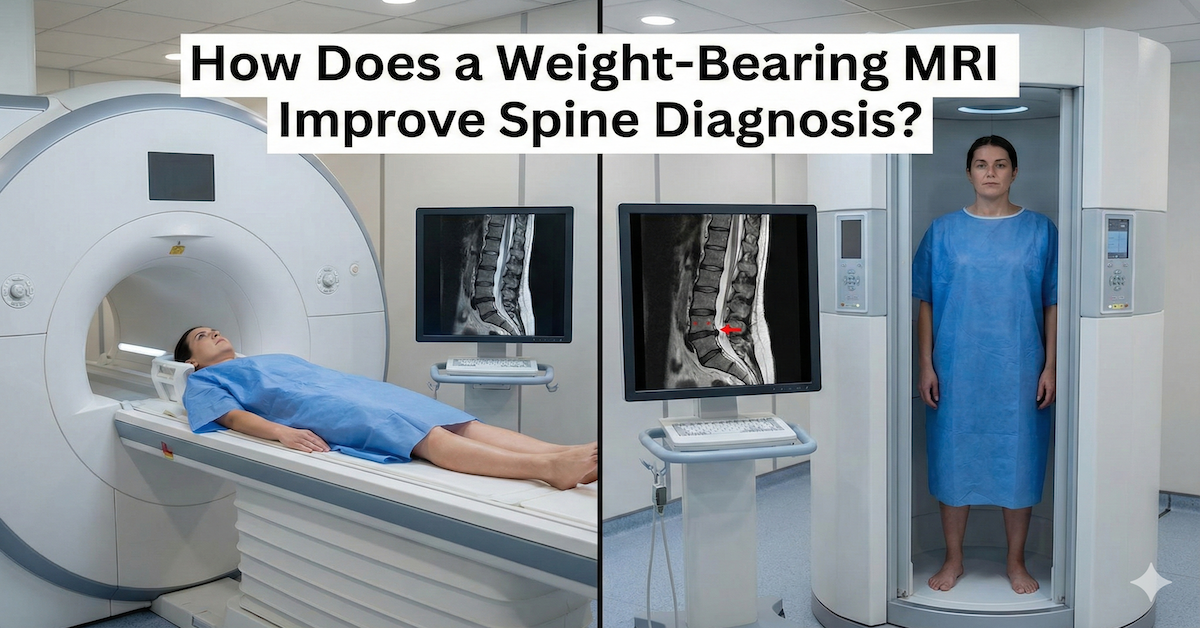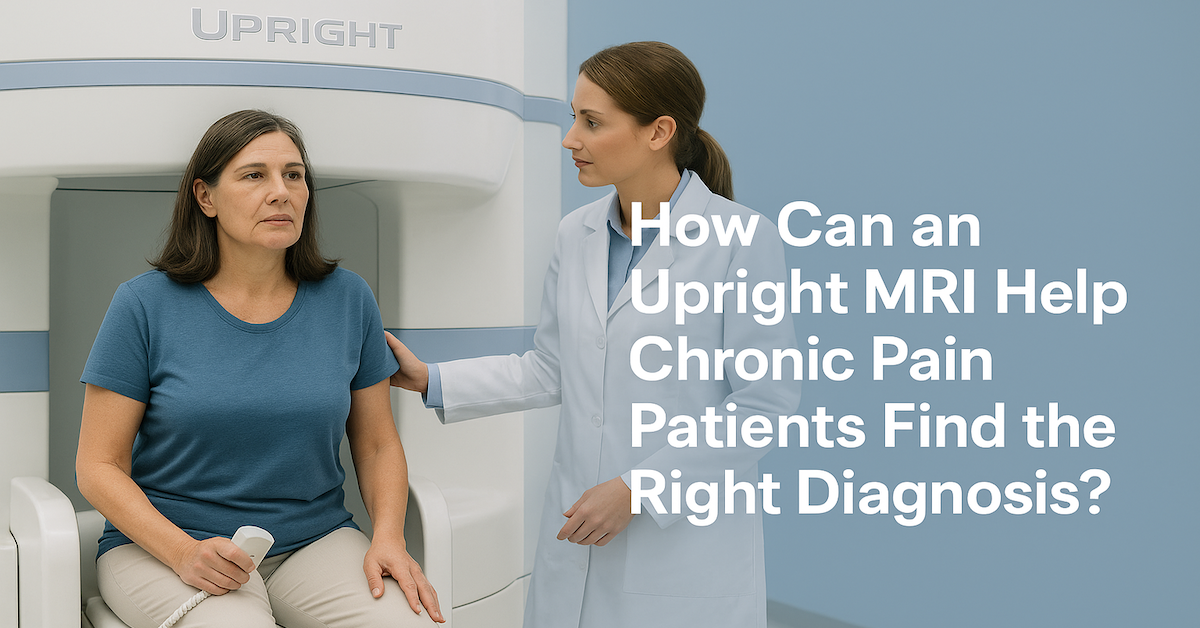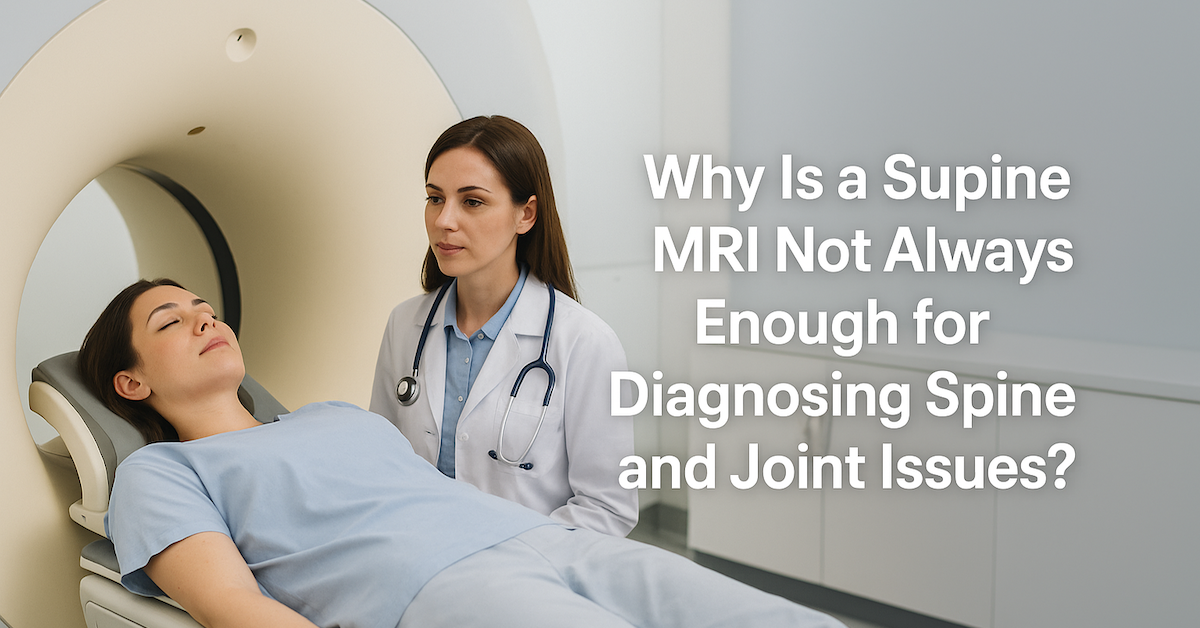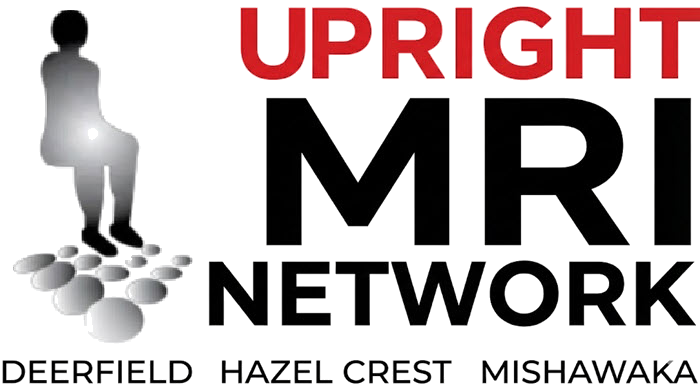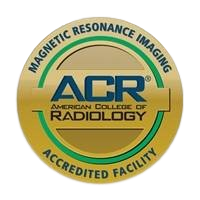How Can an Upright MRI Improve Multiple Sclerosis (MS) Diagnosis?
Multiple Sclerosis can be hard to spot in the beginning. The symptoms often come and go, and they don’t always follow the same pattern from one person to another. Fatigue, numbness, blurred vision, and dizziness might sound unrelated at first. That's what makes early and accurate imaging such a big deal. While traditional MRI has long been the go-to tool for diagnosing MS, upright MRI is starting to show real promise in offering better clarity and more comfort for patients.
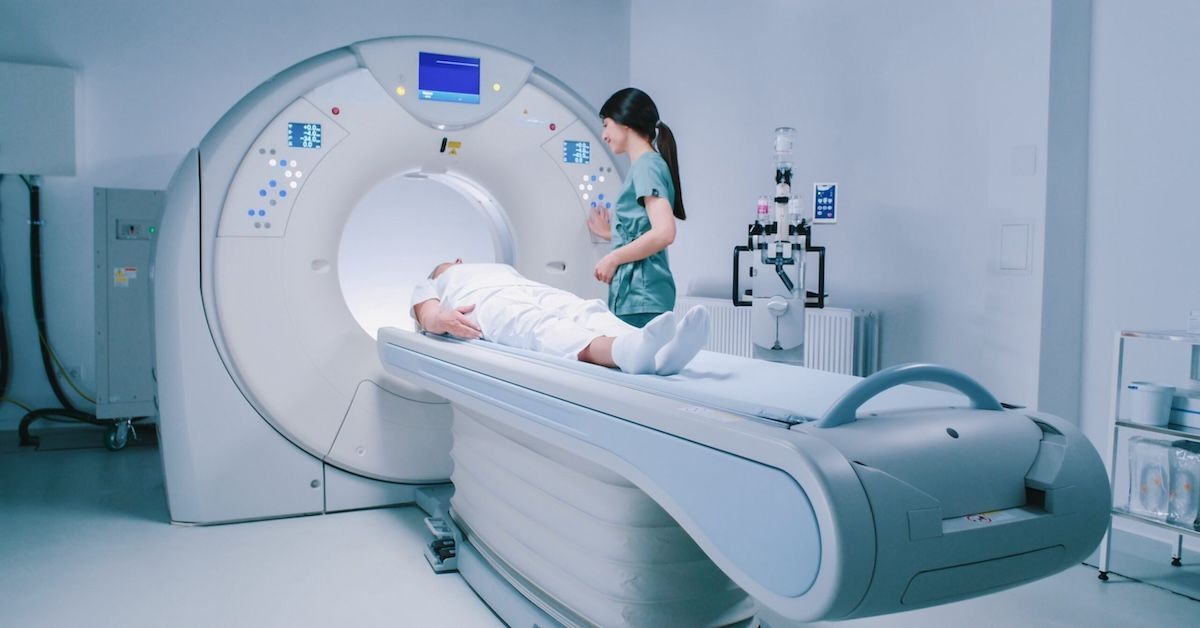
Why Imaging Matters So Much in MS
MS is a chronic condition where the immune system attacks the protective coating around nerves. This leads to inflammation, which eventually damages the brain and spinal cord. One of the biggest tools doctors use to detect and track MS is MRI, which helps spot lesions or plaques in the white matter of the brain and spine. These lesions are the physical signs of nerve damage, and they’re what neurologists look for when trying to confirm an MS diagnosis.
But there’s a catch. Some lesions can be tricky to find, especially in the spinal cord. And if a person is in the early stages or has symptoms that don’t quite match the textbook version of MS, traditional MRI might not pick everything up. That’s where upright MRI comes into play.
What Makes Upright MRI So Different?
The main thing that sets upright MRI apart is simple: the position of the body during the scan. Instead of lying flat in a tube, patients can be scanned while sitting or standing, depending on the machine setup. That change might not sound like much, but it can reveal things that a standard, lying-down scan might miss. When your body is upright, gravity affects your spine, your brain, and even the way cerebrospinal fluid flows. These subtle shifts can sometimes make a big difference in what the scan shows.
Another bonus is comfort. For patients who get anxious or claustrophobic in traditional MRI machines, the open design of an upright MRI can be a huge relief. People with MS often have mobility challenges or pain, so being able to sit up and stay relaxed during the scan matters more than you might think.
How Upright MRI Helps with Lesion Detection
One of the key benefits of upright MRI in MS care is the ability to better detect spinal cord lesions. These are often smaller and harder to see, especially in the neck and upper spine. When you’re upright, your spine is naturally in its working position. That slight change in posture can make inflammation, pressure points, or subtle lesions more noticeable.
There’s also the issue of spinal compression. Some patients experience symptoms that come and go depending on how they’re sitting or standing. Upright imaging gives doctors a chance to see those posture-dependent issues in action, instead of relying on a flat scan that doesn’t reflect how the body works day to day.
Seeing Cerebrospinal Fluid Flow in Real Time
Upright MRI doesn’t just show bones and nerves. It also gives a better picture of how fluids move through the central nervous system. This is especially useful in cases where cerebrospinal fluid flow might be restricted or irregular, which can worsen MS symptoms or mimic other conditions. Spotting these issues early can change the course of treatment and help patients avoid unnecessary procedures or delays in care.
Why Monitoring Progression Gets Easier
Once a diagnosis is in place, monitoring MS over time is just as important. Upright MRI offers a new way to track changes that might not show up clearly on traditional scans. Whether it’s a new lesion, a shift in spinal alignment, or signs of nerve inflammation, being able to see the body in a natural position adds more context to what the images reveal.
Some patients also report that certain symptoms, like muscle weakness or numbness, feel worse when standing. Upright imaging gives a closer look at what’s happening internally during those moments, which can help doctors fine-tune treatment plans and make more informed decisions.
It’s Not for Everyone, but It’s a Game-Changer for Some
While upright MRI offers several advantages, it’s not always a replacement for traditional scans. In some cases, both types of imaging might be used to get a full picture. But for patients who haven’t gotten clear answers from regular MRIs, or those who struggle with discomfort during scans, it can be a real game-changer.
This technology is especially helpful when symptoms are suspected to be spine-related or when lesions are difficult to spot using standard imaging positions. For those in the early stages of MS or dealing with unclear neurological symptoms, upright MRI can be the missing link that helps push the diagnosis forward.
A New View on MS Care
Diagnosing and managing MS requires a deep understanding of how the nervous system is behaving over time. Imaging plays a huge role in that process. Upright MRI isn’t just a new gadget in the toolbox. It gives doctors and patients a new perspective on what’s happening inside the body, especially in areas that are sensitive to posture, weight, and daily movement.
At Upright MRI of Deerfield, we’ve seen firsthand how this technology can make a difference. Our upright MRI provides high-resolution scans in positions that reflect how your body naturally moves. It’s designed with patient comfort and advanced diagnostics in mind, especially for those dealing with complex conditions like Multiple Sclerosis. If you’ve been looking for better answers or a more comfortable imaging experience, we’re here to help you see the whole picture.
SHARE THIS POST:
Leave a Comment:

The World's Most Patient-Friendly MRI. A comfortable, stress-free, and completely reliable MRI scan. We offer patients an open, upright, standup MRI experience that helps those who are claustrophobic and stress being in a confined area. Upright MRI of Deerfield is recognized as the world leader in open MRI innovation,
Our Recent Post
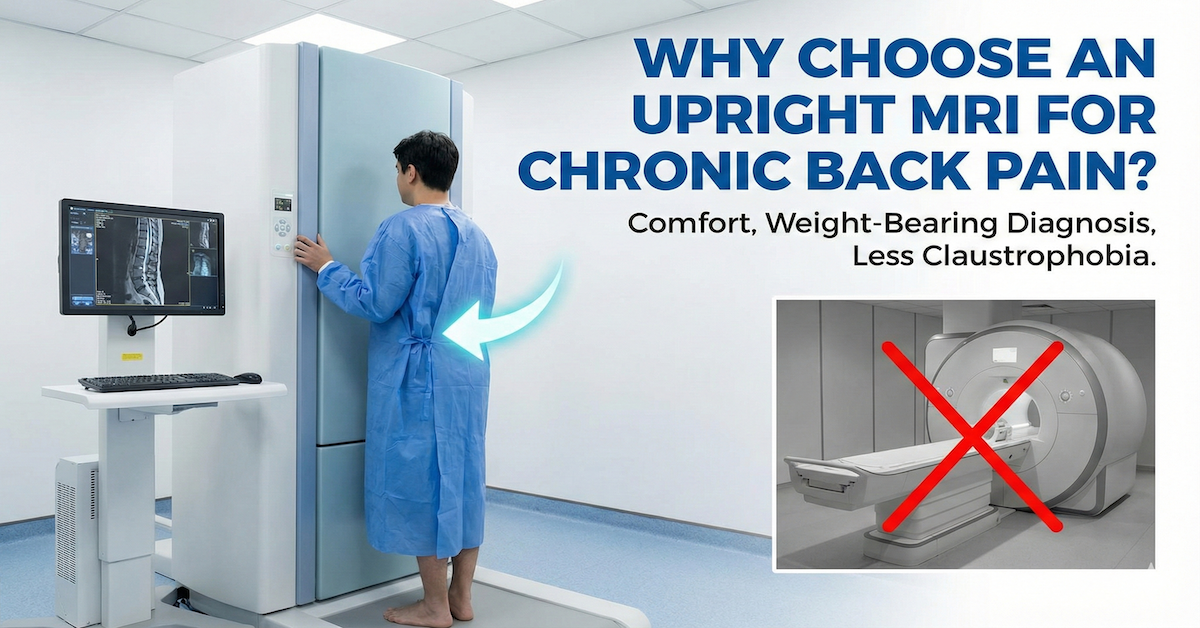
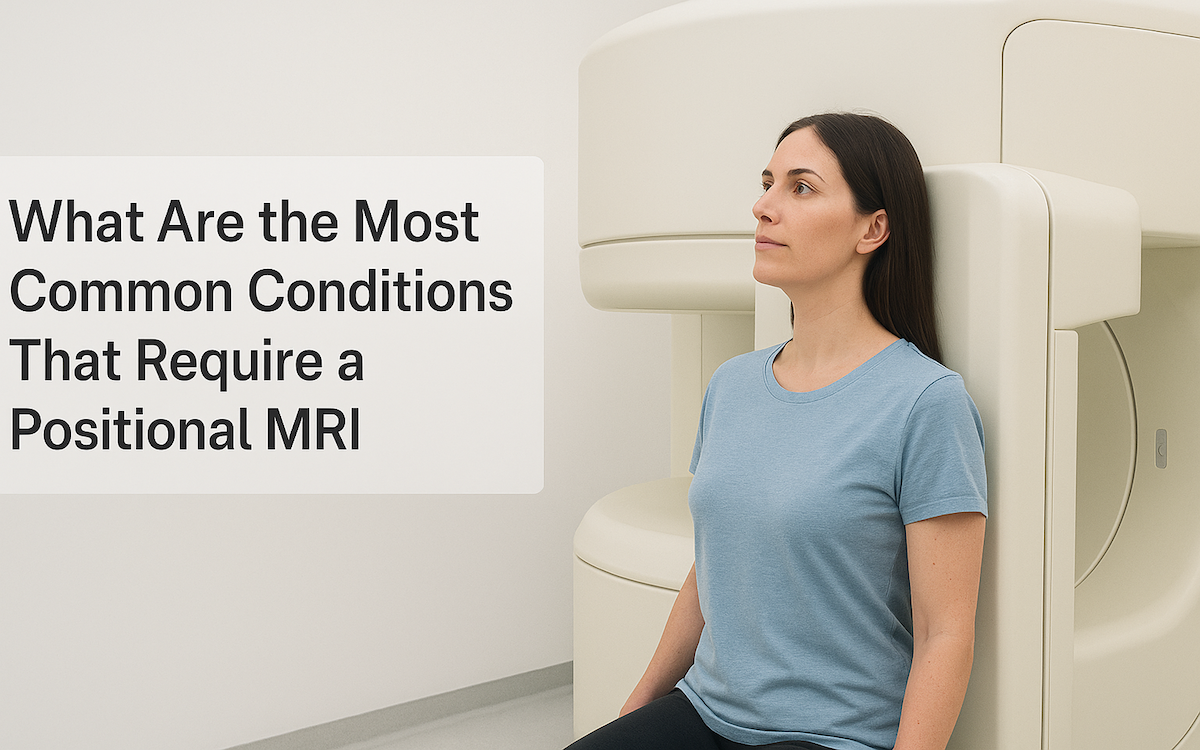
READ PATIENT TESTIMONIALS
Upright MRI of Deerfield.
Susan D.,
Highland Park, 39
I am going to tell everyone about your office! This was a great experience after I panicked in other MRI machines and had to leave. Thank you so much.

Judith B.,
Milwaukee, 61
I suffer from vertigo and other MRIs do not work. This was wonderful…absolutely NO discomfort at all. The MRI was so fast…I wanted to stay and watch the movie! Mumtaz was great. His humor really put me at ease. I’ve already recommended Upright MRI to friends.

Delores P.,
Glencoe, 55
Everything is so nice and professional with your place. I have been there a couple of times. My husband and I would not go anywhere else.


